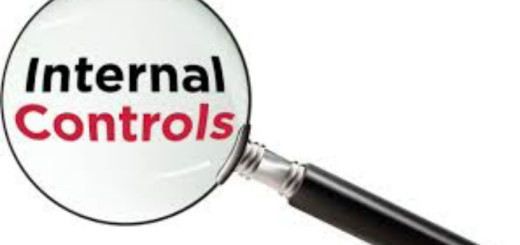Digging Into Your Internal Controls
Corruption risks follow the money. If a company has effective controls over money, then the company has a good chance of mitigating corruption risks. A key indicator of a company’s internal controls is to ask if the company has suffered any significant fraud in the last five years. If your company has experienced a high fraud rate, the company’s controls may be weak and corruption...
























